Alcoholism + Quantum Physics
“You’re beaming the landscape into being from whoever you are on the inside.”
I grew up the child of an alcoholic stepmother.
If you follow Glennon Doyle at all, I trust you're familiar with the way that proximity to alcoholism breeds a kind of no-bullshit orientation to life, leaving you utterly incapable of surface-level relationships.
If you, too, have lived in proximity to alcoholism or experienced addiction or other trauma yourself, then I trust you're also familiar with the way people label this no-bullshit orientation "intense." Or, as is often the case in my life, "earnest." Like I can't be deep and also take a joke.
After a lot of therapy and self-work, though, I've come to know this "intensity" as an extreme form of empathy. A quest for something deeper. A hunt for the truest truths. Or, at least what was truest for me, and what might also be truest for you.
In my experience, life's best "gurus"—therapists, coaches, faith leaders, professors—don't give you answers. Instead, they teach you how to be your own guru by finding the truth already lying within yourself.
One such guide in my life often says something like, "I don't care what you believe; I want to know what's transformed you."
This, I think, is why questions are at the heart of my world. When I meet you, I care less about your particular ideology and more about whatever alchemies have molded you.
It's also why fundamentalist-leaning philosophies trip me up.
Fundamentalism doesn't take very well to questions. Built on a real human need for connection and belonging, any belief system taken to fundamental extremes can create walled fortresses where some people are the "right" kind of believer, and others are not. Some people are in, and others are out.
Challenge the ideal image of the ideology and threaten to tear the whole thing apart.
For me, this first looked like Christianity. When I came out as queer at 27, the faith communities I grew up in didn't know how to hold that counter-narrative. I think many people have learned to integrate it by now (sort of?), but fundamentalist Christianity still doesn't. In turn, its ideologists continue to create an awful lot of harm.
Nevertheless, Christianity isn't our only destructive fundamentalism.
A recent joke of mine? "You can turn anything into a religion if you try hard enough."
Science.
Art.
Star Wars.
Case in point? When I left my previous "church" and joined "queer culture," I eventually began to see damaging ideologies in that new "home," too. There was only one "right" way to be queer, only one way to be an activist, only one way to date, and only one way to live a meaningful life.
It was like queer culture—a culture BUILT on questioning established norms—became a religion of its own, unable to deal with conflict or contain different ways of being.
So when I began asking questions about the new walled fortress I found myself in, I felt caught between this one world AND that other world, not quite fitting into either.
And it was isolating.
Deeply so.
It makes sense, then, that stumbling into the world of quantum physics around that time gave me so much solace. Quantum physics feels like a field predicated on going beyond surface-level answers. It's a practice of holding two seemingly opposing truths to be equally real and valid at once.
Light is a wave plus a particle? Yes.
An electron is here plus there? Yes.
Truth can be absolute plus relative? Yes.
If the deepest nature of the universe is both this PLUS that, then can't I also be "God and Gay," as Pádraig Ó Tuama recently said in The Pause, a newsletter from On Being? Can't I love science and also dabble in tarot? Can't I be logical and creative? Can't I be both earnest and lighthearted? Stardust and completely plain?
Can I be both beautiful and monstrous?
And the harder question still:
Can my mother?
Quantum physics forces me to grapple with the nature of the universe, which sometimes says "yes, both."
Want to see curated links to my favorite recent idea-mashing ideas and people?
If you’d like to be inspired by other polymathic people and to get in on everything I share, sign up for the This Plus That newsletter!

